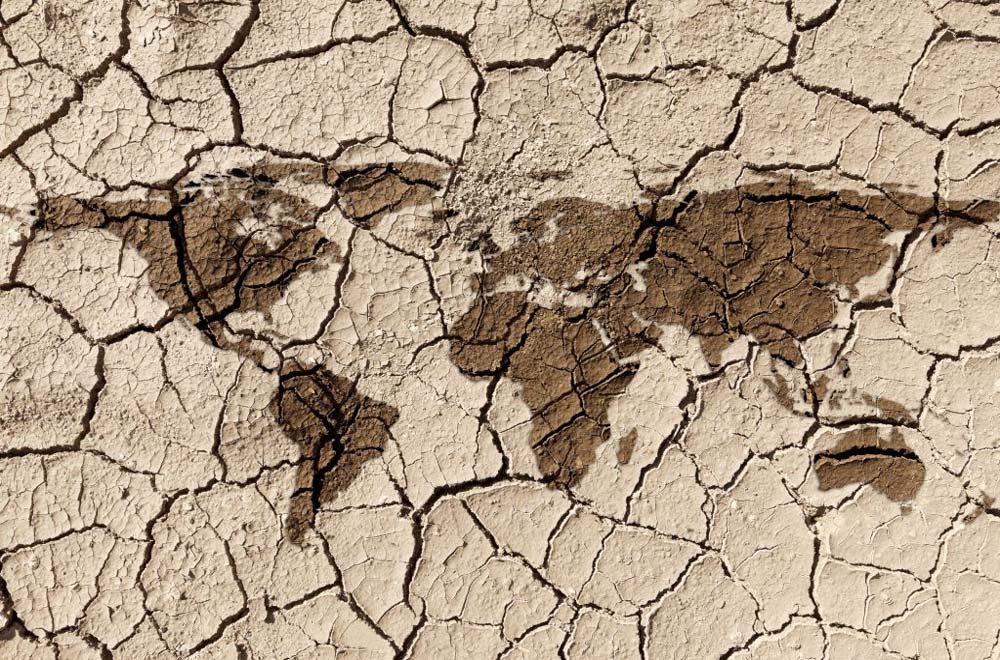Download (PDF, 5.39MB)
INTRODUCTION
In its home-page on World Water Day the United Nations points out the following facts:
-
Today, 1 in 3 people live without safe drinking water.
-
By 2050, up to 5.7 billion people could be living in areas where water is scarce for at least one month a year.
-
Climate-resilient water supply and sanitation could save the lives of more than 360,000 infants every year.
-
If we limit global warming to 1.5ºC above pre-industrial levels, we could cut climate-induced water stress by up to 50%.
-
Extreme weather has caused more than 90% of major disasters over the last decade.
-
By 2040, global energy demand is projected to increase by over 25% and water demand is expected to increase by more than 50%.
Clearly, water is a crucial resource, and the future well-being of human society depends on how we we manage our global supply of fresh water.
This book discusses various aspects of the relationship of water with human society, and with all life on planet earth. Because of climate change, some regions are increasingly threatened by drought, while others experience catastrophic floods.
Water tables throughout the world are falling, as aquifers are overdrawn. Falling water tables in China were the reason why that country adopted its one-child policy. Because of water shortages, China may soon be unable to feed its own population, but, as Lester R. Brown has pointed out, this will not cause a famine in China, but as China increasingly buys grain on the world market, the price will increase beyond the purchasing power of some of the poorer countries, and it is here that the Chinese water shortages will cause famine.
I fear that by the middle of the present century, growing populations, water shortages, the effect of climate change on agriculture and the end of the fossil fuel era will combine to produce a famine involving billions of people, rather than millions. Today the high-yield Green Revolution crop varieties have warded off famine, but these varieties are dependent on intensive irrigation and heavy use of fertilizers (often produced today with the aid of fossil fuels). Thus, high-yield agriculture may be difficult to maintain in the future.
The last two chapters of this book are devoted to the role of water in biological specificity, upon which life depends, and the role of water in the origin of life, both on earth, and elsewhere in the universe.
Read the entire book above or download it here.
We thank John Scales Avery, a renowned intellectual, EACPE board member, and theoretical chemist at the University of Copenhagen, for giving us permission to reproduce his latest book for EACPE.









